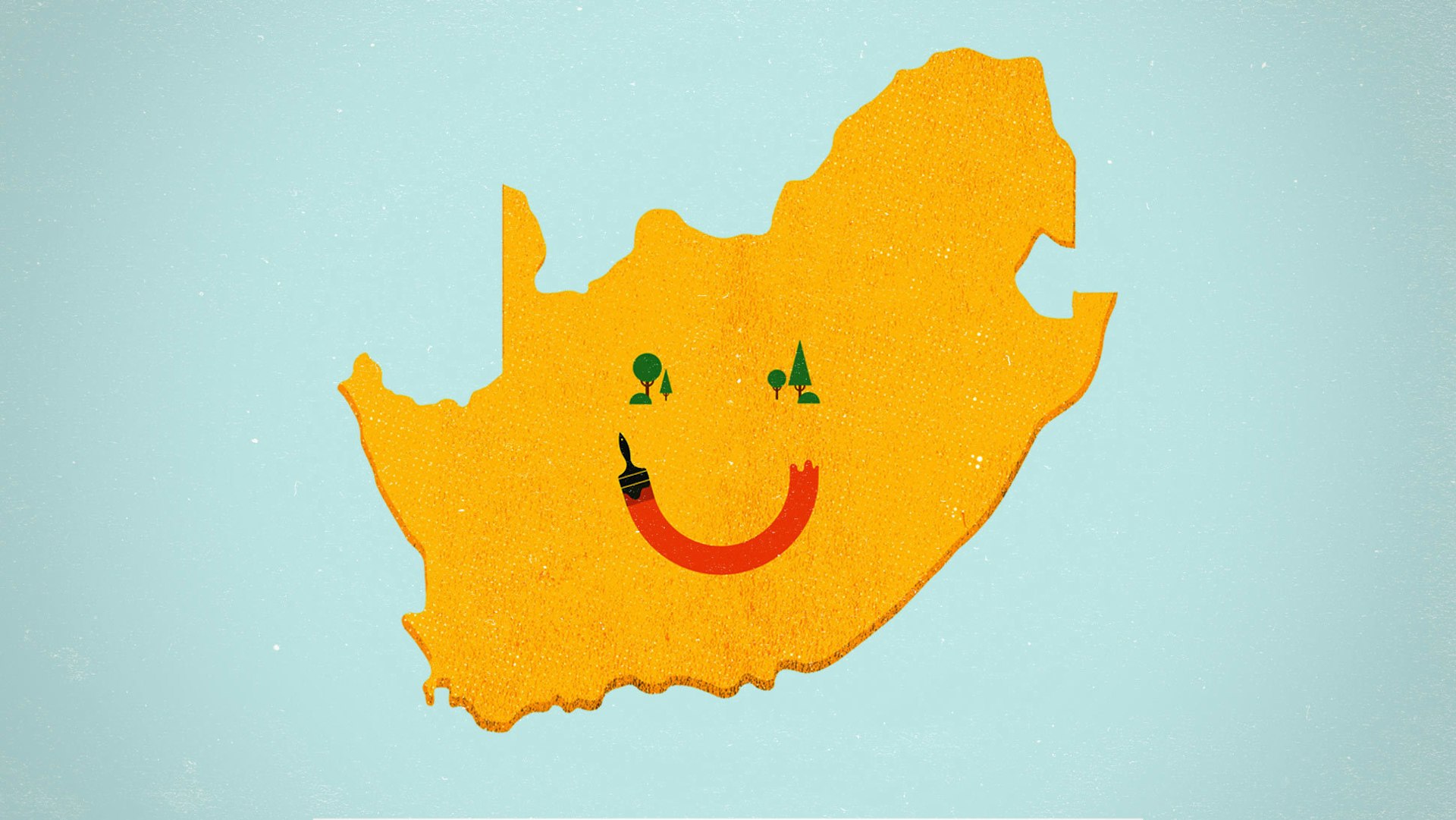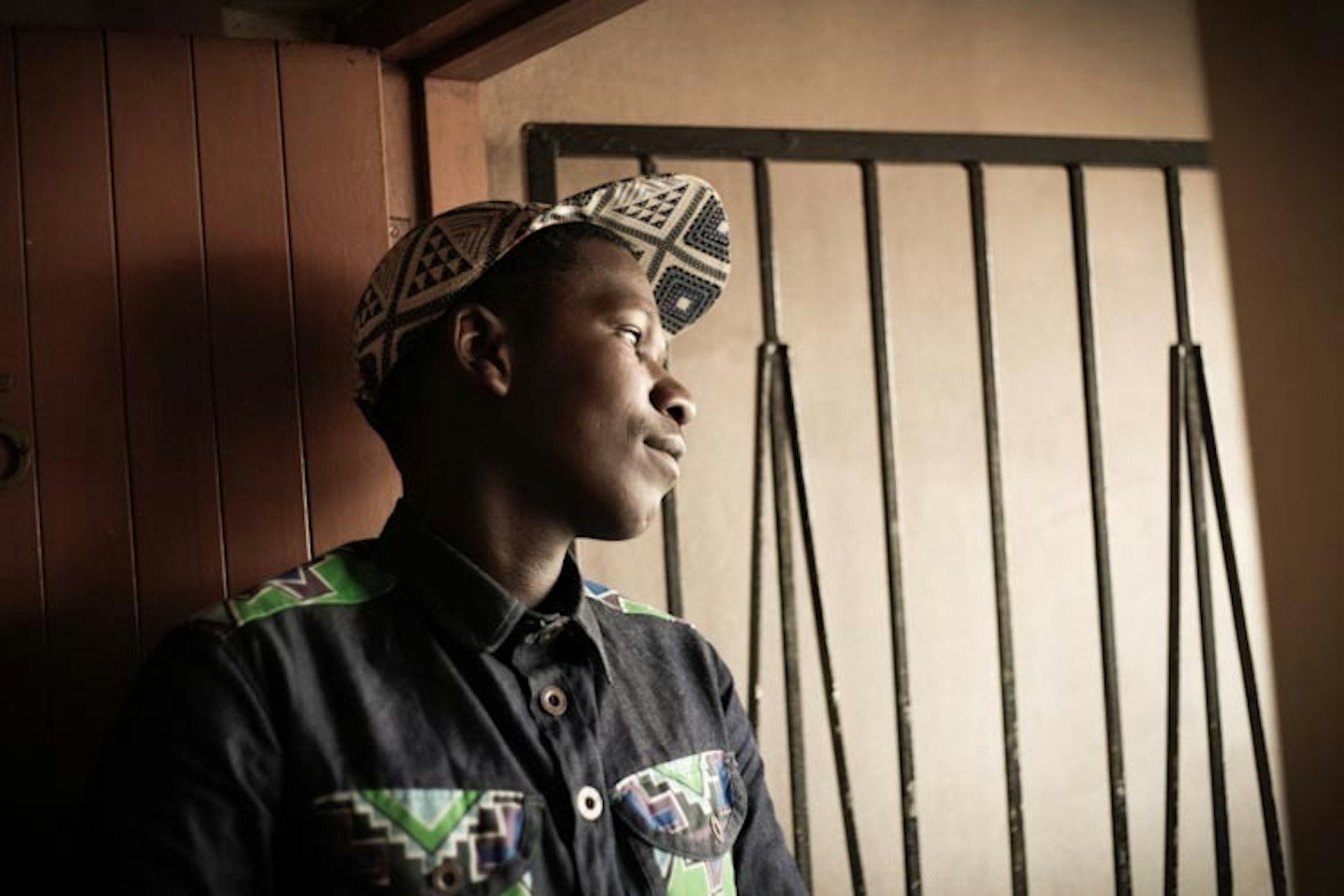
Mandela Day
It’s July 18 and I’ve done myself proud. I’ve staved off the groupthink and peer pressure of Mandela Day. The premise is that on the old guy’s birthday every year, we should all spend sixty-seven minutes helping those less fortunate. The number of minutes is equivalent to the years Nelson Mandela dedicated to the fight for freedom, so the day is like tithing, except at 0.0001%.
Galled by the sanctimony in my social media feeds, which were chock-a-block with friends and the people I follow posting photos of each other high-fiving orphans and tilling community gardens, I decide to bring balance to the universe that day by catching up on episodes of the cathartic social treatise that is ’Big Brother Africa’.
Later, at dinner, the smug must be apparent on my face because Marvin — a friend who’d gone above and beyond for his sixty-seven minutes — takes me to task. “Doing something, even if it’s small, is better than moaning and doing nothing,” he says.
He’d spent the day painting shacks in Blikkiesdorp, about twenty kilometres out of Cape Town. By the time he and his fellow volunteers were done, the outside walls of the corrugated iron structures were baby blue, sunrise yellow, passion pink and other cheery colours. They’d also spruced up the place by planting trees and had read to the kids that lived there.
For the uninitiated, Blikkiesdorp is the moniker for the temporary relocation area built ahead of the World Cup to keep Cape Town’s poor and homeless out of sight of football revellers. From its rather pleasant-sounding official name — ‘Symphony Way’ — to the ‘temporary’ in the now five-year-old camp’s title, to how it’s a real-life allegory for District 9, which was an allegory for real life, you’d swear someone was taking the piss. But every inch of the crime-riddled camp was created by stern-faced government officials.
I put it to my dear, well-meaning friend. “Isn’t the real problem here the fact that these families were moved to this permanent temporary relocation area in the first place, not that it’s an eyesore?” I say. “If your actions were in the spirit of what Nelson Mandela did, shouldn’t you be prepared to go to jail until there is justice — housing, sanitation, the provision of basic human needs?”
“Those kids had a day better than what they’re used to and the place now doesn’t look so desolate,” he says sharply. “At least I did something. Can you say the same?”
I can’t, and that doesn’t trouble me one bit. But I don’t say that to Marv, nor do I mention that I think my sixty-seven minutes did as much to change the world for the better as what most people did that day. I bite my tongue because I get it. There’s a reason why the kids of movie stars and self-made billionaires — and yes, even those of globally lauded liberation heroes — are fucked up. There’s nothing they can possibly do to live up to the achievements of the generation that came before. It’s a kind of inter-generational sophomore blues or a reversion to the mean.
So under that yoke some wilt while others fall, mouth-first, into the trough of wanton consumerism that the freedom of having over-achieving parents allows.
Others, like Marvin and the other ’67-minute revolutionaries’, try to emulate the generation before. But of course they never can. There’s a personal price to be paid that they are not prepared to pay — Marvin probably won’t go back to Blikkies, and that’s okay. Times are different. What isn’t okay is that this brand of activism is, well, abrand — and a high-end one at that. It’s consumed by middle and upper-crust kids who aren’t prepared to put anything else on the line but their good intentions. When local activist brands won’t do, others — like the Occupy Movement and Slutwalk, which quickly fizzled out when decreasing marginal utility set in — can be imported.
“Poor is the new black now, Marv,” I say. “Imagine if Nelson Mandela or Steve Biko thought all blacks needed to overcome apartheid was a lick of paint on their houses and some trees in the neighbourhood.” He concedes it’s not enough but, like a stuck record, he adds, “At least I did something.”
I’ll give him that. He did do something, just not what he thinks. We’re at French Toast, a ritzy wine and tapas restaurant on Bree Street. The place is a far cry from Blikkies and other townships like it where, counting back one or two generations, Marvin and me can trace our roots. Marvin’s activism means he can enjoy dinner and his sea-view apartment and the German sedan he drove to Blikkies in without feeling guilty.
“So you ask what I did,” I say. “Well I tried to face up to my privilege.”
